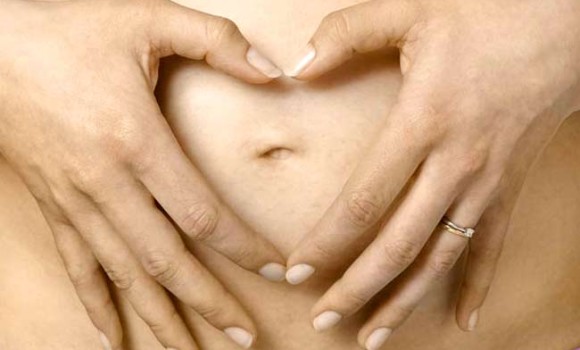When does your ovulation period usually start and how long does ovulation take?”
Ovulation is a 12 to 24-hour time frame when an egg is released from one of your two ovaries, travels down a fallopian tube and into your uterus, and either is fertilized, attaches to the lining of your uterus and starts growing, or dissolves. It always happens 14 days before a period begins, so if you’re trying to get pregnant (or trying not to), it’s a good idea to chart your cycles for a few months to get an idea of your body’s patterns.
When you chart your cycles, though, it’s important to note that ovulation can be delayed in any given month for a number of reasons, like stress, travel, hormonal changes after a pregnancy or an up-or-down change in your body weight. Because it always happens before a period, ovulation can also happen even if you haven’t had a period in a long time. If you’re trying to get pregnant or not, your best bet is to keep track of your cycle over the course of a couple of months, using a calendar, bedside diary or phone app. Fertility awareness methods that make you aware of changes in the consistency of your cervical mucous and daily body temperature can also help you detect your most fertile times of month.
If your cycle is exactly 28 days long, then you’ll be most fertile on the 14th day after the first day of the next period. If your cycle is 30 days long, then you’ll ovulate around day 16. It’s normal for cycles to be as short as 21 days, and as long as 35 days or more, and some women’s cycles are more regular and predictable than others. Generally as you age cycles tend to become shorter and more regular.
Also be aware that while you’re fertile for 12 – 24 hours, sperm can live for about 72 hours, sometimes longer. Combine hearty sperm and a short cycle, and it’s possible to get pregnant while you have your period.



Leave a Comment